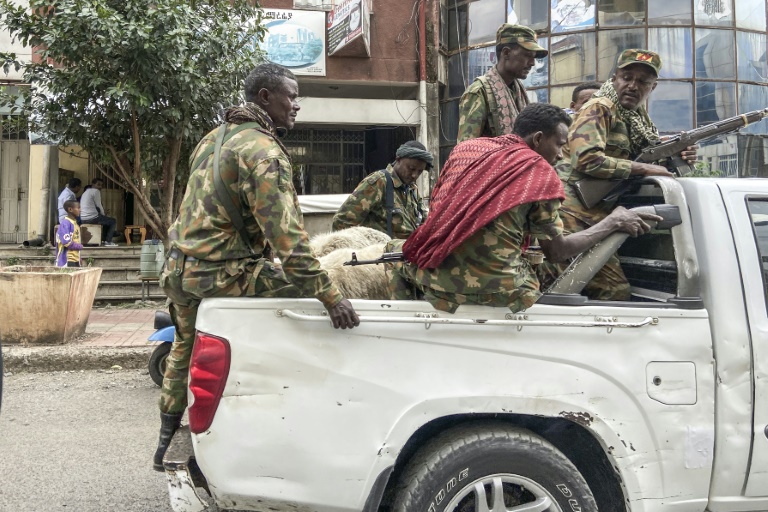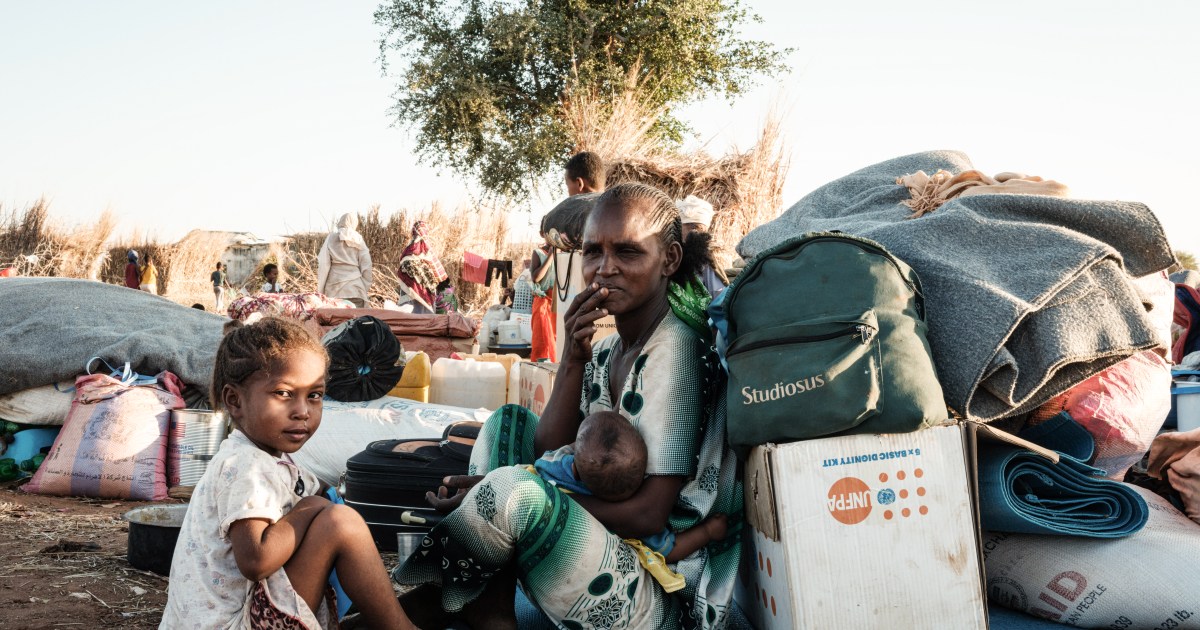The ANC has moral decay on its plate, and the garnish is bitter
Less than five months before the local government elections, the ANC is broke and bitterly at war with itself. This is the impression one gains from May’s top news coverage. The real question is: Do the party’s leaders have the moral courage to fix it, and how much turbulence do they (and we) have to ride out while they do so?
The ANC’s financial woes have brought the word “garnisheed” into our public discourse in recent weeks; it is the word with the second-strongest statistical association with the ANC in my database of the top two daily online news articles found on IOL, News24 and TimesLive. This word sounds to most of us like the superfluous plate decoration found in some fancy restaurants.
However, the party has said that some of its top funders, the kind who probably frequent those restaurants, “have stepped back”, in the words of ANC deputy secretary general Jessie Duarte. This is one of the factors blamed for the fact that the South African Revenue Service has “garnisheed” R17-million allocated to the ANC from the Electoral Commission of South Africa (IEC) to pay off part of the party’s debt to the tax collectors.
The party’s ravenous appetite for funds has come up in the Zondo commission at least a couple of times over the past month. Former Passenger Rail Agency of South Africa chief executive Lucky Montana’s name surprisingly came up as the strongest statistical association with the ANC, because of his allegations that the party pressured chief executives of state-owned entities to contribute financially to party activities or do business with ANC officials in their personal capacity.
Now, I have no reason to trust Montana further than I could throw him, but these allegations only serve to shine the spotlight more brightly on the sticky relationship between party and state.
The Zondo commission also heard about some money the ANC evidently missed out on. “Donated” is the word with the third-strongest statistical association with the ANC. This is because of a story in which businessman Gaston Savoy allegedly donated R1-million to the party after winning a dodgy KwaZulu-Natal provincial tender. ANC KwaZulu-Natal provincial treasurer Mike Mabuyakhulu swears he received the money from former provincial treasury head Sipho Shabalala, but there is no record of it ever reaching the ANC coffers.
The ANC’s financial woes are only one sign of the moral crossroads that the party faces in deciding how to implement its own “step-aside” rule for party officials charged with corruption. Two cases bringing this into sharp relief are those of suspended secretary general Ace Magashule and Health Minister Zweli Mkhize.
The word “battles” had the fourth-strongest association with the ANC in May’s news, because of Magashule’s claim that factional battles within the party were behind his suspension, rather than criminal charges. But when powerful officials in a party are told to step aside in an effort to clean up the party’s act, battles are exactly what we should expect.
It is interesting to observe how other power brokers in the ANC have aligned themselves in relation to Magashule and Mkhize. The party’s national chairperson, Gwede Mantashe, appears to have been instrumental in Magashule’s being kicked out of a virtual national executive committee meeting on 8 May, cementing his suspension from the party.
Meanwhile, the ANC Women’s League’s infamous president, Bathabile Dlamini, is firmly behind Magashule, even to the extent that she allegedly berated some Magashule supporters in the ANC Youth League for allowing his allies to be voted out of the Youth League’s national working committee. However, even she was unable to persuade the Women’s League to come out in support for Magashule after his suspension. This shows the extent to which the tide has turned against Magashule.
However, as of 30 May, both Mantashe and Dlamini were still firmly behind Mkhize, with Dlamini insinuating that there was a plot to get rid of him, and Mantashe saying that investigations into the minister of health must run their course before action is taken.
It is clear that Mkhize is a much more difficult case for President Cyril Ramaphosa to handle than Magashule. Mkhize has been seen as an ally to Ramaphosa, but also as a future ANC presidential contender, who could threaten Ramaphosa’s bid for a second term. The corruption charges against Mkhize have now received such a wide public airing that they cannot be ignored. At least Mkhize had the decency to leave his job while investigations take place, unlike Magashule.
In the meantime, the internal ructions in the ANC may have a destabilising effect on the whole country, ahead of the local government elections. Relatively little media coverage was given to a wave of taxi strikes in Makhanda and Gqeberha in the Eastern Cape that effectively shut down these cities for a few days in May. Although the purported reasons for the strikes were poor service delivery in Makhanda and taxi bosses holding back Covid-19 relief funds in Gqeberha, the timing of these strikes and their outcomes have raised suspicions that internal ANC machinations are the real cause behind them.
Nothing on the ANC’s plate looks pretty at the moment, not even the garnish. If Ramaphosa is serious about restoring integrity in the party’s affairs, that may put us on the road to further battles in the next few months. But this is a time for moral courage, and the sooner that courage is shown, the better for South Africa.


